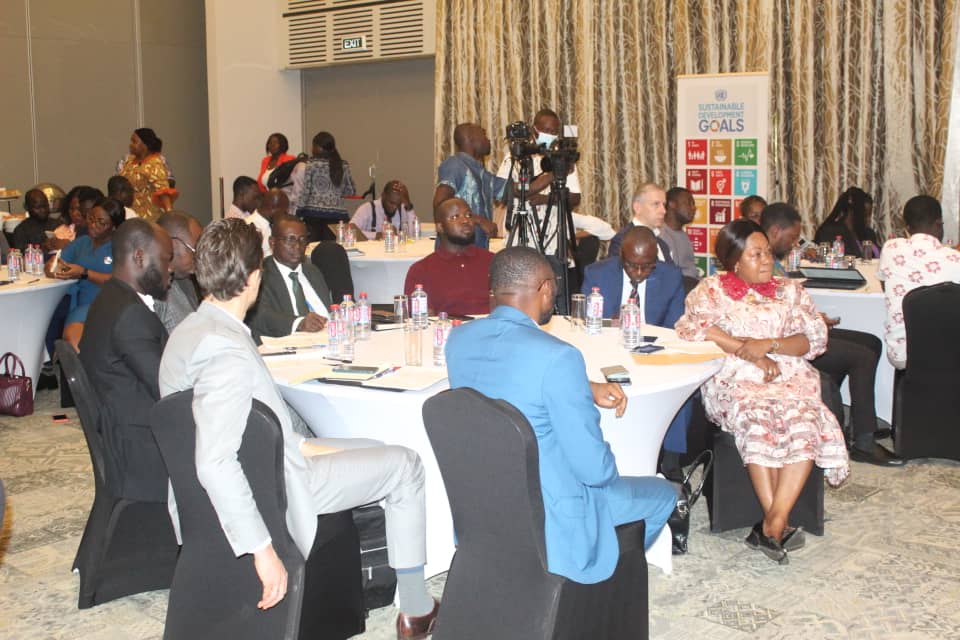By Kodjo Adams
Accra, Dec. 16, GNA – The United Nations Development Programme (UNDP) has pledged its commitment to working with its partners to mobilise additional financing and resources to support the implementation of Ghana’s own coordinated disaster prevention, mitigation, and response plan.
The initiative, the UNDP said, was important to achieve the Sustainable Development Goals
(SDGs) and other agreed global frameworks for disaster risk reduction.
Mr Sukhrob Khoshmukhamrfov, the UNDP Ghana Deputy Resident Representative, said this in Accra at an inception workshop and the launch of the UNDP Insurance and Risk Finance Facility and Insurance Development Forum (IRFF/IDF) project in Ghana.
The IRFF/IDF Ghana project seeks to develop a parametric flood insurance cover, enabling the timely pay-out of disaster relief funds, and building capacities of public assets and stakeholders.
This will enhance the authorities’ response capacity to flood events, with a focus on the re-establishment of economic activity in poor and vulnerable communities.
The workshop, among others, will build stakeholders’ capacities on insurance offers and the relevance of data management for effective disaster risk transfer solutions.
He said the UNDP had been at the forefront of providing technical and financial support for disaster risk reduction since 2005.
“We have supported the strengthening of community resilience through early warning systems and disaster risk management, from prevention to risk reduction, preparedness, response, and recovery,” he said.
He said disaster risks were on the increase, with a huge protection gap in developing countries, where less than five percent of disaster losses are covered by insurance, versus 50 percent in high-income countries.
Mr. Khoshmukhamrfov stated that financial exclusion, the absence of legislation for mutual and cooperative insurance in developing countries, and a wide range of demand and supply issues contributed to the disparity and subsequently diminished the resilience of most vulnerable communities.
He said the flood situation in Accra had exposed the country’s vulnerability and suggested that insurance and risk finance were two of the tools available in supporting society to build back better.
“Increasing affordable access to insurance and risk financing has a critical role to play in delivering the SDGs and reducing the impact of climate-induced disasters on development,” he said.
Ms. Linet Odera, Regional Specialist at IRFF, said a tripartite agreement was signed in 2019 between UNDP and stakeholders to scale up disaster risk finance and insurance solutions.
The Tripartite Agreement is an innovative public-private partnership to drive a transformative approach to efficient management of climate and disaster risks.

Mr. Kofi Andoh, the Deputy Insurance Commissioner, called for effective collaboration with local industry to mitigate the risks associated with climate change.
Mr. Eric Nana Agyeman, Executive Director, National Disaster Management Organisation, said insurance was one of the investment tools to build resilience in the fight against natural disasters.
GNA